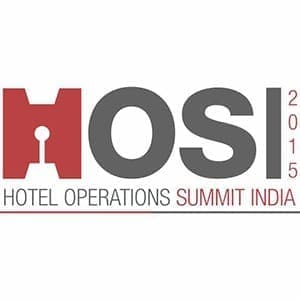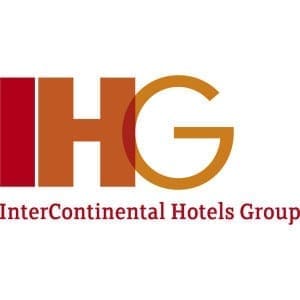
General Managers are the CEO of their hotels and face three big areas of responsibilities concerning people, risk and reputation.
A panel of the country’s prominent General Managers discussed these issues and life on the front line at the Hotel Operations Summit India – General Managers in Focus.
When asked about running a property in India versus other countries, Accor’s Puneet Dhawan said, “Geographies change, but people don’t. Dealing with owners, staff and guests is similar across all countries.” Dhawan is the General Manager Delegate Bengaluru & Chennai Hotels and GM ibis Novotel Bengaluru Techpark.
What is getting more challenging as the hospitality industry grows in India, is the hiring of good associates. Years ago, staffed were commonly trained and then stayed in the same hotel for life.
Today, some hotels face attrition rates of 45-50 percent after associates have stayed for two years. This has forced greatly reduced training cycles.
Furthermore, graduates of hotel schools are more reluctant to start at the bottom and have aspirations for an accelerated career path, having paid for increasingly expensive hospitality degrees. Some on the panel felt schools and colleges were turning out qualified, but not employable candidates. To address this reality gap, hotels need their own programs.
Anshul Kaul, General Manager of The Oberoi Bangalore said, “Everyone we hire has to be able to speak English, so we recruit directly from top secondary schools and have a training program for three years in the hotel itself. Those coming out of hospitality schools often have not had enough focus on the practical aspects of hotel work. But you have to show a career path to every associate and cross train them in all departments. We focus on adding value to associates through supervisor or executive development. It’s more complex and expensive and many do leave to pursue their careers elsewhere, but then, like me, they eventually come back to the Oberoi group.”
Another new challenge to General Managers is technology-enabled communications and the necessity to manage it in real time. It was agreed that while you can get third party support, ultimately, your responses and the content of your hotel’s social media channels is your responsibility.
“Reputation management is extremely important,” said Taljinder Singh, General Manager, Taj Palace New Delhi. “It’s a challenge for everybody, but Taj has a legacy; it’s a name associated with trust and if anything goes wrong, customers will say ‘I didn’t expect that at a Taj.’ It’s an all encompassing arena that’s critical to manage, as it’s not just customers reading social media, it’s prospective owners and staff too.”
According to Parul Thakur, General Manager of the JW Marriott Bangalore, today’s General Managers need to be able to think outside of the box on a number of fronts. They have to be able to constantly re-engergise their workforce as well as seek new ways to bring in revenue and contain costs. They also have to beat the market and accommodate owners who expect an ROI from day one, so new hotels must ramp up very quickly now.
So how do these super men and women maintain a work life balance?
Some run to and from work to keep fit and manage stress. Others set a period of time when their phone is switched off and time is dedicated to reading and keeping up with industry news and developments.
For others, it’s important to know what to say ‘No’ to. Parul Thakur says that while she pushes very hard at work, at home she delegates cooking to others. Work is not allowed to invade her time at home, so when she’s there, she’s completely dedicated to family.















